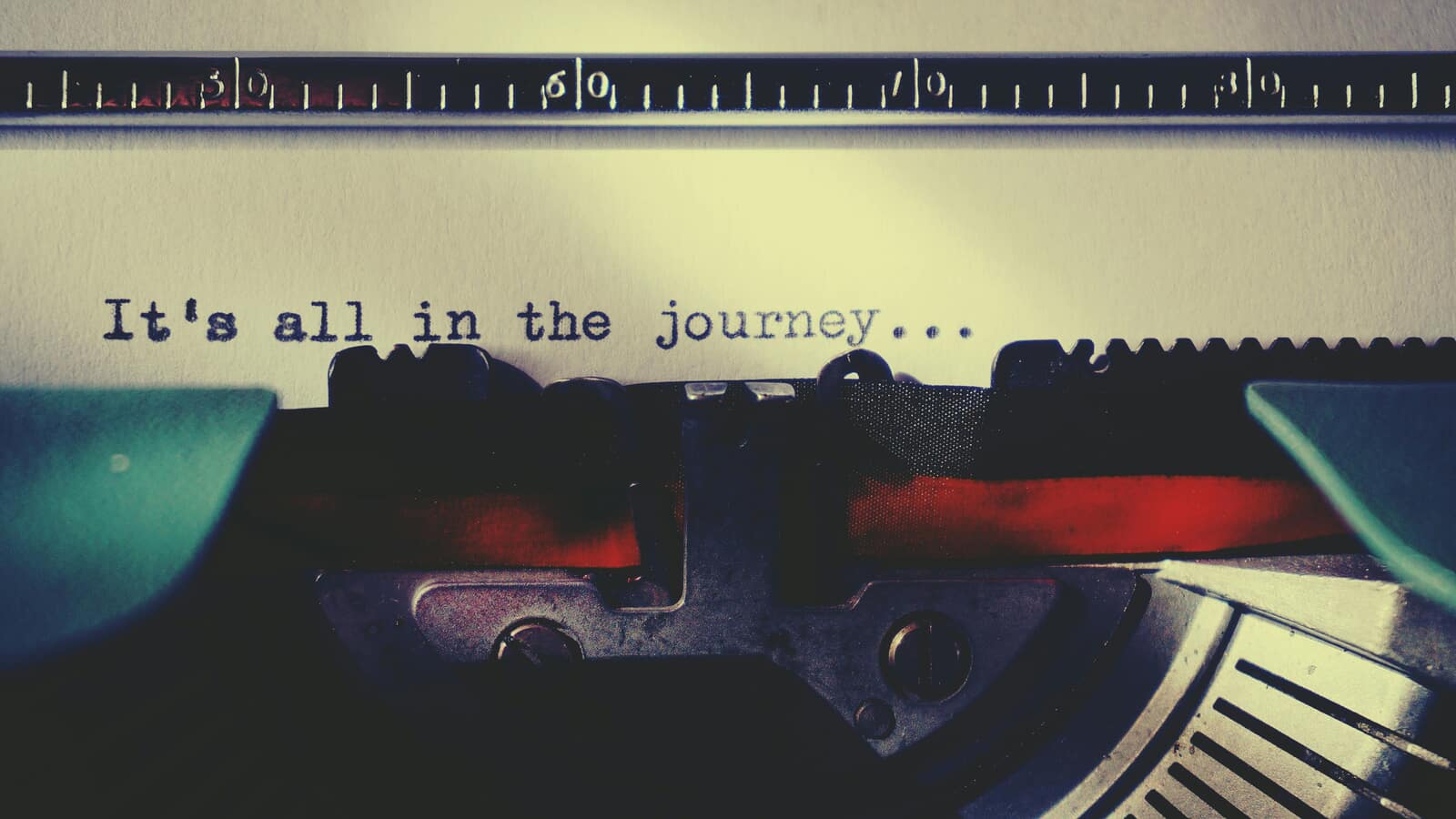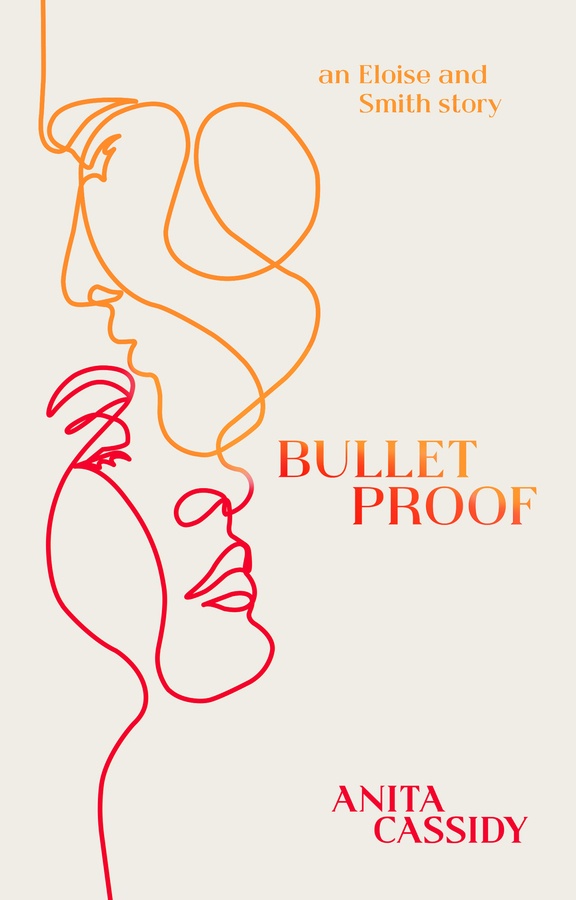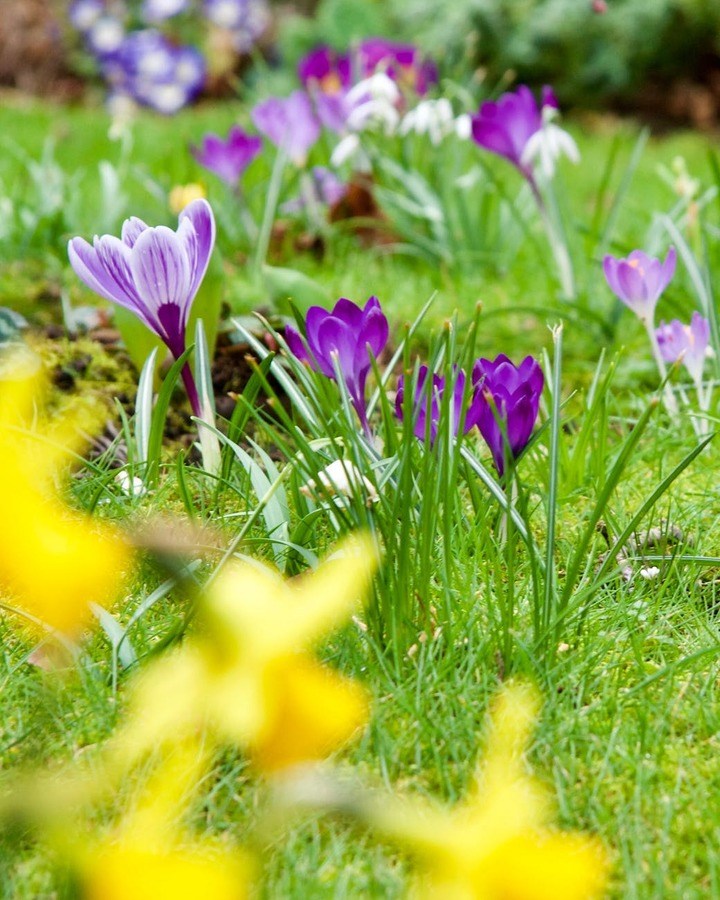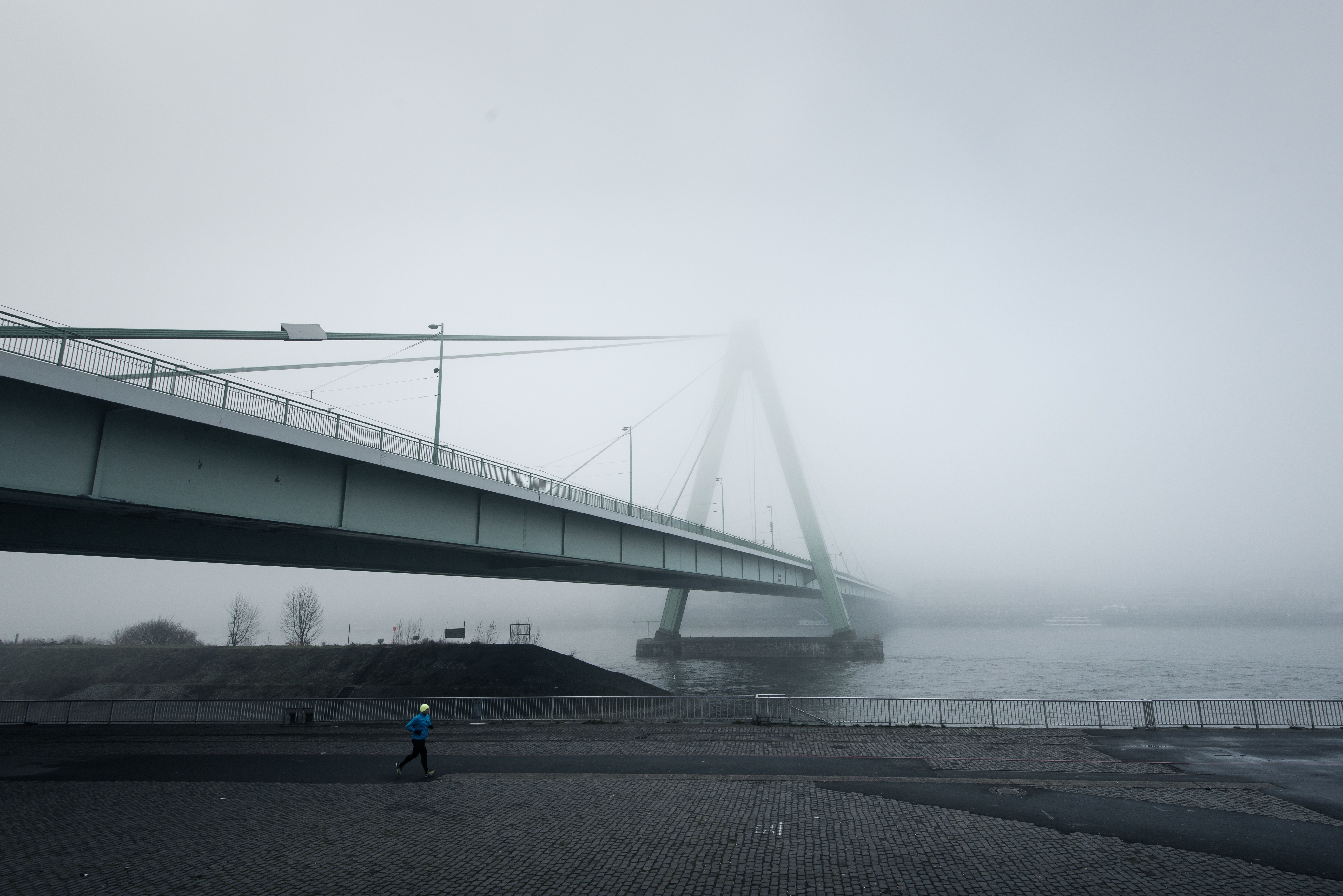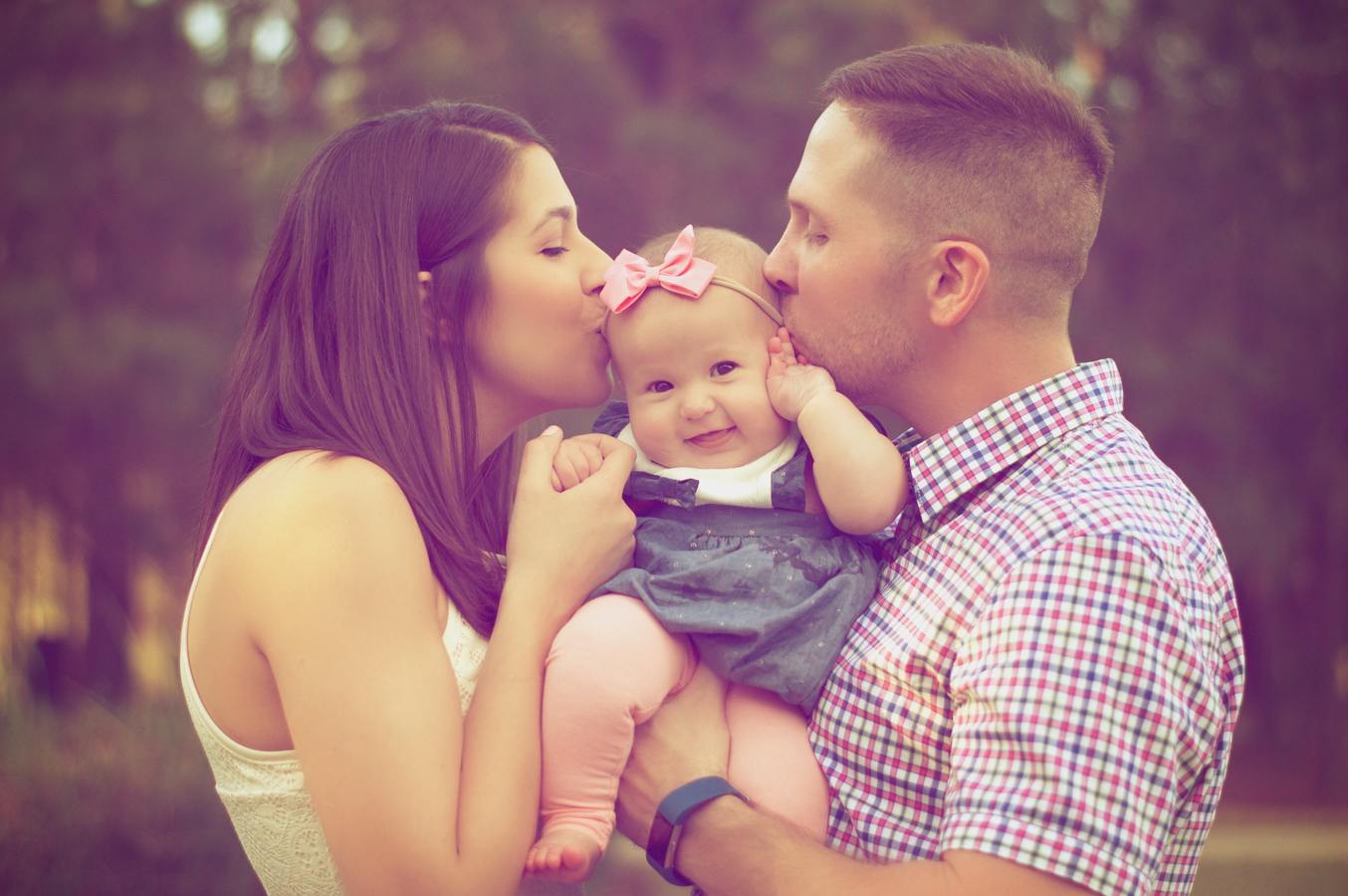Attention and patience: the two things that we find hard, or are reluctant, to give but which we crave the most.
It struck me recently that I rarely give or receive patience. I am lucky to have a few good friends who demonstrate a level of patience with their families that I am in awe of (yes, you, Karen B. and Lisa M.) but I am not lucky enough to feel it much for myself or very able to give it to others.
This thought led to another: How do we model behaviour that we rarely see and which, almost certainly, we have even less rarely been the recipient of?
In a way, this is the easy bit: we notice. We pay attention to when we feel impatient; we notice moments of patience. We notice and that is all. There is no need to do more than that right now. Just notice. And, in noticing, we will, I believe and trust, begin to change.
Impatience is non-acceptance. Non-acceptance of what is right now as well as fear about what might be.
Patience is trust. Trust that it will all work out, trust that you will be okay even if things do not go as you expected. It is a lack of attachment to things being a certain way.
This is the key to my own impatience. I feel irritated and want to be elsewhere (i.e. to have the kids be back at school rather than enjoy the last two days of holiday), or I am anxious about how things will turn out (“Will I be late?”, “Will I cope with the fussing?”, “Will it all work out okay?”).
When I am impatient, I realise that I am not trusting the moment and I am not trusting my ability to be okay whatever the moment brings. I feel anxious and unsettled. Realising this gives me the space to choose to be otherwise. I notice and, in noticing, I see the moments in which I am and have been patient, moments when I am relaxed about the outcome and timing of whatever is happening, moments when my mind is quiet and not fretting.
In my explorations of the power dynamic that is D/s, I have met those who are, or who adopt the role of, Dominant acting patiently. They have given me space, they have given me time, and it feels like such a gift. It is those experiences that have helped me begin to see what patience is. They have also helped me learn to trust life and, most of all, to trust my ability to cope as well as thrive whatever happens, and to know how to act when I am finding things hard.
Attention fosters patience. Patience fosters attention. Kindness fosters both. We can be kinder to ourselves and that kindness then generates space: the space to be patient, space to pay attention and be in the moment rather than resisting it.
Further reading
- “Self care and saving the world” by Anita Cassidy
- “Hell yeah self Care” by Meg-John Barker









